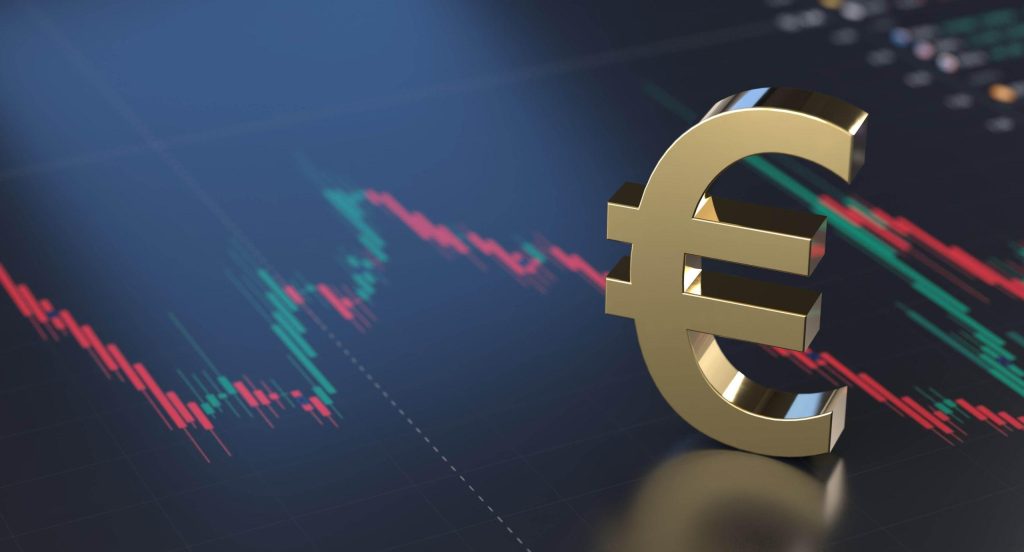Euro Zone Inflation Hits 2.5%, Driven by Rising Energy Costs

Eurozone inflation unexpectedly surged to 2.5% in January, according to flash data from Eurostat, the official statistics agency. A Reuters poll had predicted inflation to remain unchanged at 2.4%, similar to December’s rate.
Energy Prices Drive Inflation Increase
The main driver behind this rise in inflation was a notable jump in energy prices, which spiked by 1.8% compared to a modest 0.1% increase in December. This sharp acceleration in energy costs has pushed inflation beyond initial expectations.
Core Inflation Remains Stable
Core inflation, which excludes volatile categories such as food, energy, alcohol, and tobacco, remained stable at 2.7% in January, showing no change since September. However, services inflation dropped slightly to 3.9% in January from 4% in December.
Impact of Energy and Services Prices on Inflation
The rise in energy prices and stable core inflation indicate that inflationary pressures are still present, despite efforts to control them. Jack Allen-Reynolds, Deputy Chief Eurozone Economist at Capital Economics, pointed out that services inflation has remained around 4% for over a year, making it difficult to predict when it will ease.
ECB’s Stance on Inflation and Interest Rates
Despite the inflationary uptick, the European Central Bank (ECB) remains confident that inflation will return to its 2% target by mid-year. In response to the inflation figures, the ECB cut its key deposit rate by 25 basis points, bringing it to 2.75%. The ECB also suggested that further rate cuts are likely throughout the year to help manage inflation.
Potential Risks of Tariffs and Inflation
Concerns about tariffs and their impact on inflation remain, particularly regarding potential duties on goods imported from the EU to the U.S. and retaliatory tariffs from the European Commission. Bert Colijn, Chief Economist at ING, warned that these tariffs could increase inflation, as they typically result in higher consumer prices.
Eurozone Economy Outlook
The latest inflation data comes after reports from France and Germany, two of the largest economies in the eurozone. France reported an inflation rate of 1.8%, while Germany’s inflation stood at 2.8% for the same period.
Conclusion:
Despite an unexpected rise in inflation due to energy price hikes, the ECB is focused on returning inflation to its target of 2% in the coming months. With further rate cuts expected, policymakers will continue monitoring inflationary trends, particularly in the energy and services sectors.





